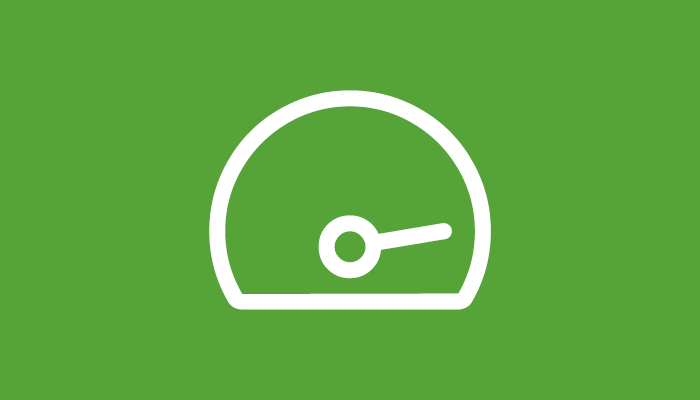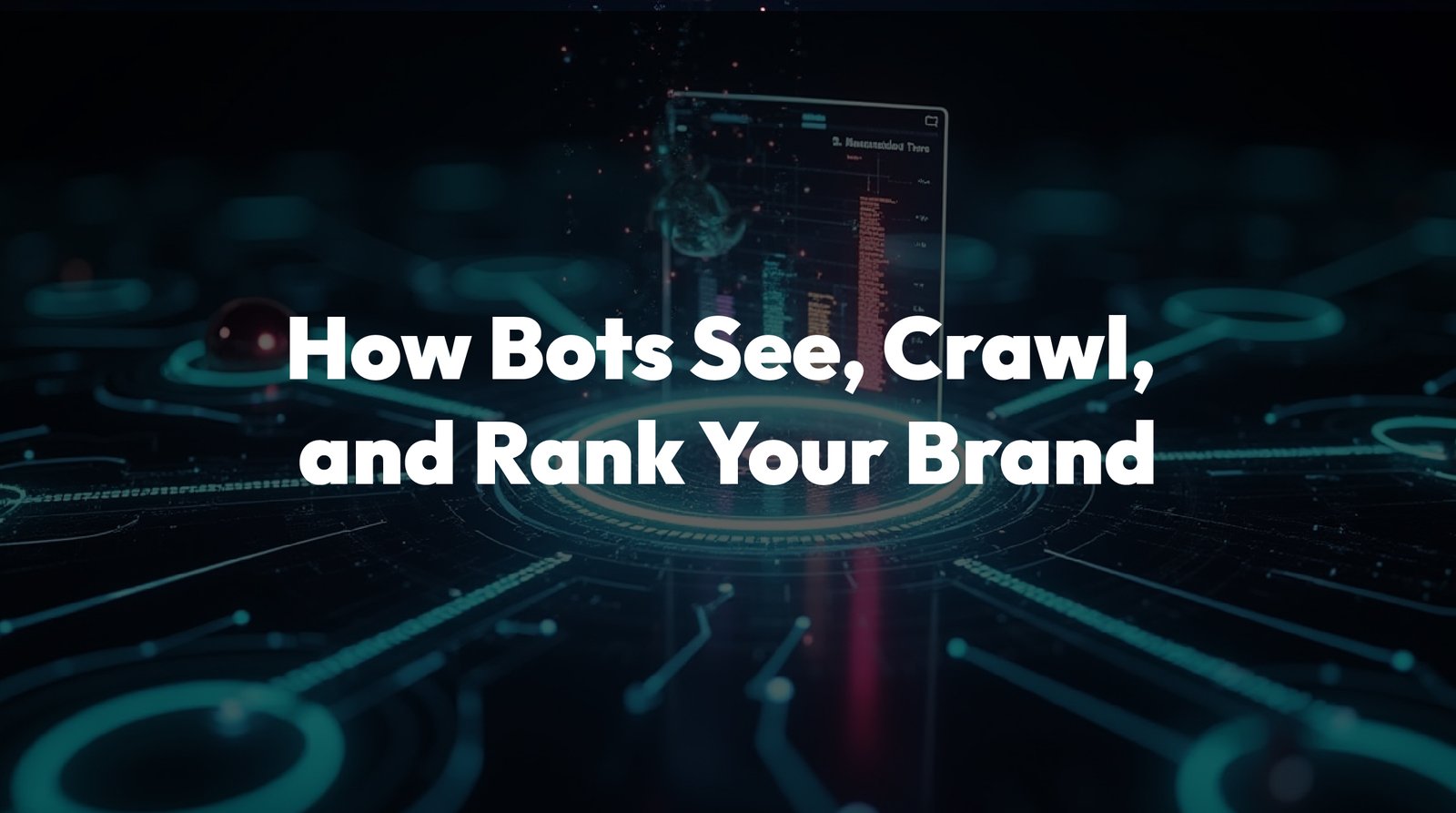Artificial Intelligence (AI) has evolved from a futuristic idea to a reality that is influencing how we communicate, work, learn, and live. AI is changing every aspect of human life, from voice assistants like Siri and Alexa to self-driving cars and intelligent healthcare systems. Repetitive tasks are automated, decision-making is improved, convenience is increased, and user experiences are even personalised.
- AI in Daily Life: Streamlining Routine Tasks
- AI in Healthcare: Saving Lives Quickly and Accurately
- AI in Education: Transforming Educational Processes
- For Business: Increasing Efficiency and Earnings
- AI in Smart Homes: Transforming Contemporary Life
- AI in Creativity and Entertainment
- Transportation and AI: Advancing the Future
- The Ethical Aspect of AI: Juggling Creativity and Accountability
- FAQs Normally Asked People
- Conclusion: Accepting the AI-Powered Future
This article examines How AI Transforms Life and Makes It Easier , including healthcare, education, business, entertainment, and home automation
AI in Daily Life: Streamlining Routine Tasks
AI has permeated every aspect of our daily lives. Applications and smart devices are made to comprehend human behaviour and predict our needs. For instance:
Virtual assistants: Programs like Google Assistant, Siri, and Alexa carry out duties like calendar management, reminder setting, and voice control of smart home appliances.
Recommendation Systems: To save time and enhance entertainment experiences, Netflix, Spotify, and YouTube employ AI algorithms to examine user preferences and make tailored content recommendations.
Navigation and Transportation: Real-time AI data is used by apps like Waze and Google Maps to optimise routes, enabling millions of users to get to their destinations more quickly and avoid traffic bottlenecks.
These developments demonstrate how AI improves comfort and efficiency while streamlining daily life.
AI in Healthcare: Saving Lives Quickly and Accurately
The healthcare industry is one of the most significant applications of AI. Patient care, treatment planning, and diagnosis are all being revolutionised by machine learning algorithms.
Early Disease Detection: AI models can analyse MRIs, CT scans, and X-rays to detect diseases like pneumonia or cancer with remarkable accuracy, frequently before traditional methods can.
Personalised Medicine: By examining genetics, lifestyle, and medical history, AI assists physicians in creating individualised treatment regimens.
Virtual Health Assistants: Chatbots and virtual nurses offer 24/7 assistance by setting up appointments and responding to patient enquiries.
In addition to improving results, AI-driven healthcare also lowers expenses, guarantees prompt medical attention, and minimises human error.
AI in Education: Transforming Educational Processes
AI has also significantly changed education. Adaptive systems designed to meet the needs of each individual are taking the place of one-size-fits-all teaching models in personalised learning platforms.
Intelligent Tutoring Systems: Programs such as Khan Academy and Duolingo employ AI to assess students’ areas of strength and weakness and offer personalised exercises.
Automated Grading: Teachers can devote more time to innovative and engaging instruction by using AI to grade essays, assignments, and quizzes instantly.
Virtual Classrooms: AI improves distance learning by providing real-time language translation, student tracking, and tailored learning suggestions.
AI makes learning more efficient, inclusive, and engaging for both teachers and students.
For Business: Increasing Efficiency and Earnings
AI is transforming how businesses function and compete in the business sector. Industries are changing as a result of automation, analytics, and customer personalisation.
Automation of Customer Support: AI-driven chatbots respond to frequently asked questions around-the-clock, increasing customer satisfaction and response times.
Predictive analytics: AI is used by businesses to forecast demand, optimise inventory, and make more informed marketing choices.
Human Resource Management: AI helps with resume screening, performance forecasting, and increasing productivity at work.
AI enables companies to concentrate on innovation and expansion by automating monotonous tasks and providing data-driven insights.
AI in Smart Homes: Transforming Contemporary Life
One excellent illustration of how AI improves daily living is found in smart home technology.
Smart Appliances: Robotic vacuums can clean floors on their own, thermostats like Nest can learn temperature preferences, and refrigerators can keep track of expiration dates.
Home security: AI-driven cameras and sensors can identify faces, spot odd activity, and immediately notify homeowners.
Energy Efficiency: AI systems optimise the use of appliances, heating, and lighting to save energy and reduce electricity costs.
Convenience, security, and sustainability all essential components of contemporary smart living are provided by AI in home automation.
AI in Creativity and Entertainment
AI has increased creativity and entertainment in addition to efficiency.
Content Creation: Writers can create captivating blogs, marketing copy, and imaginative stories with the help of AI tools like ChatGPT or Jasper.
Music and Art: AI composers can produce original music, and DALL·E and other platforms can produce beautiful artwork based on text prompts.
AI-powered non-player characters (NPCs) in video games make the gaming experience more realistic, flexible, and customised.
By bridging the gap between creativity and technology, AI enables people to experiment with new forms of artistic expression.
Transportation and AI: Advancing the Future
One of the most innovative uses of AI is autonomous cars, which are revolutionising the transportation industry. AI is used by self-driving cars to analyse their environment, identify obstacles, and make snap decisions.
Predictive maintenance systems in logistics firms and airlines are also powered by AI, which maximises fuel efficiency and prevents malfunctions. These developments portend a future with reduced emissions, fewer collisions, and more intelligent mobility options.
The Ethical Aspect of AI: Juggling Creativity and Accountability
Convenience and advancement are two benefits of AI, but there are also moral questions. It’s important to responsibly handle concerns like algorithm bias, job automation, and data privacy. To guarantee accountability, equity, and transparency, governments and organisations are striving for ethical AI frameworks.
Developing AI that is trustworthy requires developing inclusive, comprehensible, and morally consistent systems.
FAQs Normally Asked People
1.What is AI?
Artificial Intelligence (AI) is a type of technology that lets machines learn, think, and do things like people do.
2.How does AI help with everyday tasks?
AI takes care of boring tasks, makes smart suggestions, and makes work and personal life more efficient.
3.Can AI help with health care?
Yes, AI helps doctors figure out what’s wrong with people, guess what health problems they might have, and make treatment plans that are right for each person.
4.What does AI do to make communication better?
AI makes chatbots, virtual assistants, and translation tools work, which makes it easier and faster to talk to people.
5.Do smart homes use AI?
Yes, of course. AI controls things like lights, thermostats, and security systems to make life easier and save energy.
6.How does AI affect getting around?
AI makes navigation apps, self-driving cars, and traffic management systems possible, which makes things safer and more efficient.
7.Can AI be useful in school?
Yes, AI offers personalised learning, grades automatically, and interactive learning tools.
8.Does AI help you get more done at work?
Of course. AI takes care of scheduling, data analysis, and other boring office tasks so that people can focus on more creative work.
9.Do people use AI to shop?
Yes, AI suggests products, predicts trends, and makes shopping online better.
10.Will AI keep making things easier?
Yes, as AI gets better, it will make tasks easier, boost productivity, and make life better in general.
Conclusion: Accepting the AI-Powered Future
Unquestionably, artificial intelligence is changing every facet of contemporary life. AI is the force behind the next wave of human advancement, from streamlining repetitive tasks to transforming international industries.
Making life easier, smarter, and more connected is still AI’s ultimate goal as it develops further. We can realise AI’s full potential and make sure it benefits humanity fairly and purposefully by embracing it responsibly.





